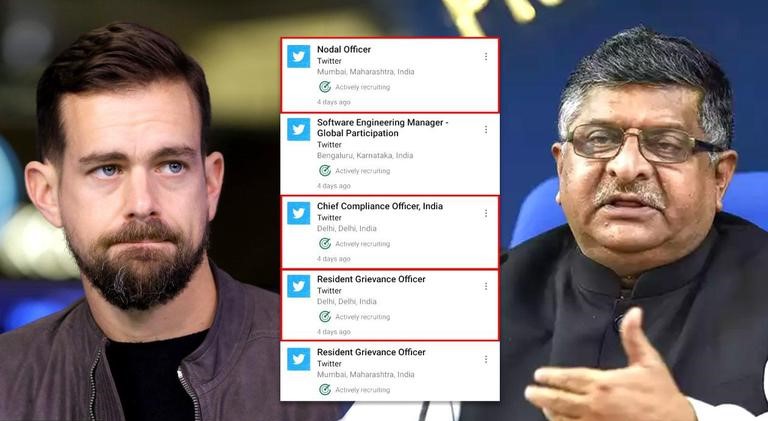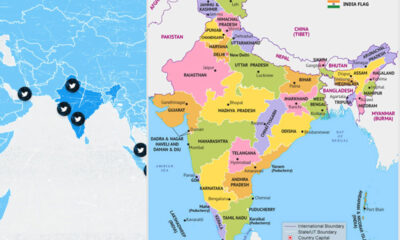Policy Watch
Explained Why And What Does Losing Safe Harbour Means To Twitter In India

NEW DELHI: Microblogging website Twitter became the only American IT platform to lose legal immunity in India due to its failure to comply with new IT rule requiring the platform to hire senior officers in the country.
This means that the microblogging platform has lost its indemnification and intermediary status, which afforded it liability relief under Section 79 of the IT Act of 2000.
Meanwhile, Twitter faces first FIR under new IT rules. On June 15, a charge was filed against Twitter in Uttar Pradesh over an assault video that went viral and allegedly incited communal hostilities. This is the first case in which the social media behemoth has been held liable for third-party content. In a First Information Report (FIR), it was accused of failing to remove “misleading” materials related to the incident.
As a result of losing its intermediary status, Twitter can now be held accountable for anything published on the microblogging site and can no longer rely on the “safe harbour clause.” It is now accountable for penalties under the IT Act and other Indian penal laws, just like any other publication.
The implication of this move is that if Twitter is charged with allegedly illicit content, it will be viewed as a publisher – not an intermediary – and will be subject to penalty under any legislation, including the IT Act, as well as the country’s penal laws.
Confirming the development, the Union IT and law minister stated on Wednesday that there have been questions over whether Twitter is entitled to the safe harbour guarantee. “The simple fact of the matter is that Twitter has failed to comply with the Intermediary Guidelines that came into effect from the 26th of May,” the Union minister said.
According to the government, Twitter is the only social media site that has not followed guidelines requiring it to employ personnel headquartered in India, such as a grievance officer, a nodal officer, and a chief compliance officer.
Ravi Shankar Prasad stated in a series of tweets that Twitter was given many opportunity to comply with the new IT laws, but it “deliberately chose the road of non-compliance.”
“The culture of India varies like its large geography. In certain scenarios, with the amplification of social media, even a small spark can cause a fire, especially with the menace of fake news. This was one of the objectives of bringing the Intermediary Guidelines. It is astounding that Twitter which portrays itself as the flag bearer of free speech, chooses the path of deliberate defiance when it comes to the Intermediary Guidelines,” the Union minister wrote.
Twitter on June 15 annouced that it had chosen an interim chief compliance officer, the details of whom will be sent to the IT Ministry directly soon.
A company spokesperson said that Twitter “continues to make every effort” to comply with the new guidelines and is keeping the IT Ministry apprised of progress at every step of the process.
The new IT rules, which were announced by the Union Ministry of Electronics and Information Technology (MeitY) on February 25, went into effect on May 26. Every social media intermediary, including Twitter, has been given three months to comply.
According to the new criteria, social media platforms such as Facebook, WhatsApp, and Twitter must also identify the originator of a flagged message within 36 hours.














